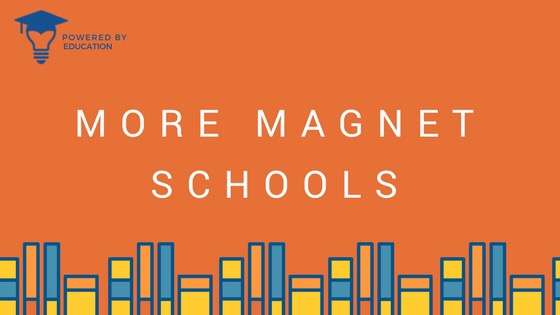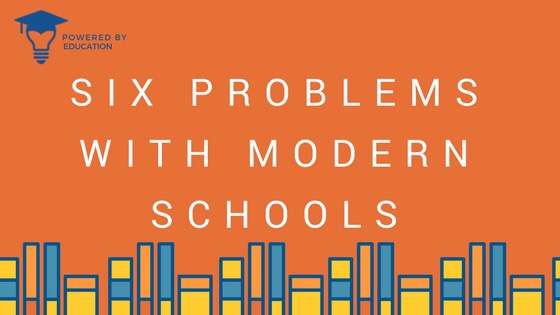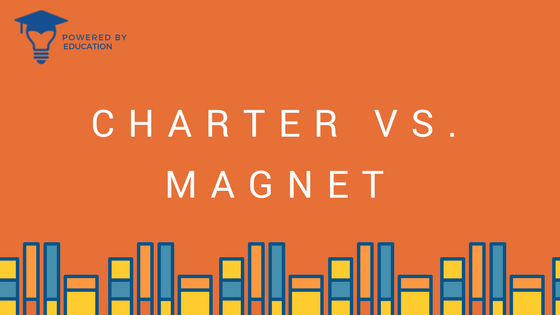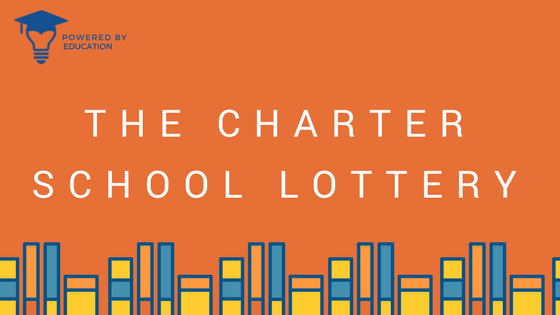You have more options than you may think…
Brick & Mortar Public Schools
Compulsory Attendance
Your child’s age is your first indicator of his or her eligibility for beginning school. Students may start if they are at least five years old. A child does not have to enroll in school at age five, but must be enroll by seven years old. see more >
Required Documentation
Missouri school districts set the requirements for what documentation is required prior to enrolling a student in their district. To get that information, contact the district directly.
Some legal documents are required for Missouri students to attend school:
- Certified Birth Certificate/proof of identity
- Official copy of records/transcripts from the previous school the child most recently attended
- A shot immunization record (or proof that immunization is not required for the child)
- Click here to view the immunization requirements.
- Proof of home address (for example, a rental agreement or tax statement)
School Fees
Paying some fees is a part of public education, though it is primarily a free education. Students are expected to supply their own basic school supplies such as paper, pencils, and notebooks. Each district has a list of approved expenditures for students. Fee waiver forms can be requested from the school if there is a situation that prevents a family from being able to pay for required materials or events.
Some typical items on that list include:
- Lunch
- Summer school
- Student parking passes (high school)
- Lost textbooks
- Late or lost library books
- Field trips
- Special class-required fees (e.g., science lab fees)
Public Charter Schools
What are Charter Schools?
Charter Schools are tuition-free public schools operated by independent, non-profit governing bodies.
Parents, teachers, and community leaders sign a “charter” or contract with a school district or state agency to create a charter school and give students more educational options than their assigned school. Charter schools have flexibility over classroom hours, curriculum, and employment policies, but are subject to periodic reviews based on student performance. In Alabama, public charter school students are measured against the same academic standards as students in other public schools. Local boards of education monitor the academic and financial performance of charter schools, and, can revoke or refuse to renew a school’s charter.
Missouri Charter Schools
A list of charter schools can be found at the Missouri Charter Public School Association and shows where the charter school are in your area.
Frequently Asked Questions
Frequently asked questions about charters can be found at the Missouri Charter Public School Association.
Enrollment
Most charter schools do not have attendance zones. If you are interested in applying for your child, you must apply directly to the school. The application and selection process can be quite complicated. Make sure to contact the school early to determine the correct next steps to applying.
Virtual Public Schools
In the state of Missouri there are NO Virtual Public Schools. For more information about how to get involved in school choice in Missouri, click here.
Private Schools
What makes a school “private”?
Private schools charge tuition, and many have a religious mission. Some private schools offer families assistance to make tuition payments. Click below for the complete list of over 600 private schools across the state.
Private School Review offers free, detailed information on U.S. private schools combined with useful community data (e.g., housing costs) and maps of the surrounding areas.
*Information on non-public school admission requirements should be obtained from the school directly.
Educational Choice Programs
Missouri does not any Educational Savings Accounts (ESAs). For all the details to help get involved with Missouri’s ESAs go to EdChoice.
Private Virtual Schools
George Washington University Online High School is an online college preparatory academy for motivated students who are willing to be challenged to become the best students and persons they can be. Combining award-winning curriculum with small class sizes and intensive college counseling, students receive a flexible, individualized education attuned to their own needs and goals.
International Academy is a K12, Inc accredited, online private school for grades K–12. Students earn a U.S. high school diploma while using award-winning K¹² curriculum
They offer extensive, individualized academic and counseling support keep students on track. The flexibility allows students to explore their passions. Full-time and part-time options are available.
International Connections Academy is a fully-accredited, online, college preparatory private school serving K–12 students worldwide. The program combines a top-rated curriculum with talented teachers, cutting-edge technology, the flexibility to learn at home, and direct family involvement to ensure each student realizes his or her full potential.
The Keystone School offers flexible education programs for high school and middle school students. Whether your student wants to study full-time or just needs individual classes, they offer more than 170 courses from credit recovery to world languages and AP. Students can enroll at any time.
Home Education
Your options
In Missouri, parents have the option to educate their children at home, an option known as homeschooling or home education. Parents in Missouri may choose to homeschool their own children in grades K – 12. The Missouri Homeschool statute is “Parents must provide required hours of instruction in reading, math, social studies, language arts, and science, must maintain basic academic records. There are no notification, parent qualification, or assessment requirements, and students’ academic records may only be inspected in case of legal investigation.” Parents desiring to homeschool their own children may do so and can find more information on Coalition for Responsible Home Education and Home School Legal Defense Alliance
Dual Enrollment
College Credit
Dual enrollment courses are college credit courses. High school students enroll in college courses and earn postsecondary credit upon successful completion of the course. High school credit can also be awarded based on local school policy. Dual enrollment courses can be taught on the college campus, at the student’s high school, or online. The location of the course does not affect its status as a dual enrollment course. Home school students are also eligible for dual enrollment.
Course Fees
The fees are decided between student’s district and the college or university determines whether tuition is paid by the student’s district or by student/parent. For more information about Dual Enrollment fees please click here.
More about Magnet
Today Magnet Schools of America released a study showing [...]
The Foundation for Blended and Online Learning
In January, K12, INC. announced the launch of The [...]
Six Problems with Modern Schools
The modern school system was created during the Industrial [...]
Charter vs. Magnet
Today, we answer the age old question... what is [...]
Charter School Lottery: Explained
Many question how charter schools choose which students attend [...]




